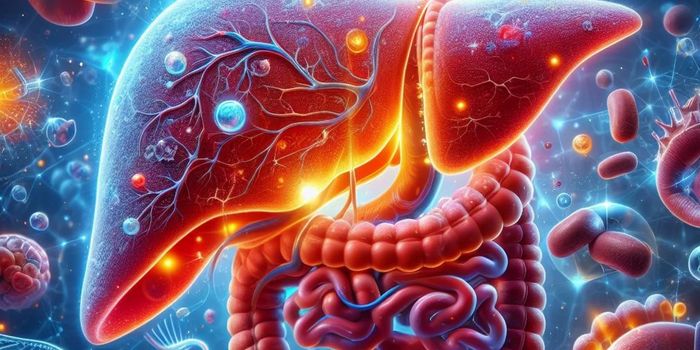Scientists Use Genetics to Control Regulatory T Cells
The ability to control regulatory T cells of the immune system has long been sought out by scientists, especially those with vested interests in improving treatments for autoimmune disease and cancer. In autoimmune disease, the immune system is overreacting to a stimulus that shouldn’t elicit such a response, and in cases of cancer, the immune system needs a bit of a push to identify, target, and eliminate cancerous cells. If you control the regulatory T cells (Tregs), you can control the immune response.
Researchers from the Salk Institute already had one gene on their radar: Foxp3. They had discovered in past studies that Foxp3 was deeply connected to Treg development and function; Foxp3 is a vital part of the puzzle for the structure and production of Treg activity.
In their new study, researchers used CRISPR gene-editing technology to test and identify additional gene candidates for involvement Treg function, looking for connections to Foxp3. They preliminarily identified hundreds of gene candidates as a result of the screening process. They narrowed down their exploration to focus on a select group of genes that involved with the “SWI/SNF complex.”
The SWI/SNF complex is a group of proteins involved in activating and deactivating genes by acting as gatekeepers for DNA that need to reach necessary cellular machinery. Next in the study, researchers tested to see what happens when SWI/SNF complex genes are removed from Tregs. One gene from a specific complex called ncBAF, Brd9, when deleted, led to lower levels of Foxp3 and weakened function in Tregs.
In mice models of cancer, Brd9-deficient Treg treatments prompted the activity of immune cells normally inhibited by Tregs to target cancerous growth. However, in mice models of inflammatory bowel disease, the deficient Tregs had a negative effect, failing to diminish the autoimmune attack on the digestive tract.
With a new tool for the selective tuning of Treg function, researchers are one step closer to being able to target specific conditions with precision, i.e. a specific autoimmune disorder or specific tissues affected by cancer.
Sources: Salk Institute, Immunity








